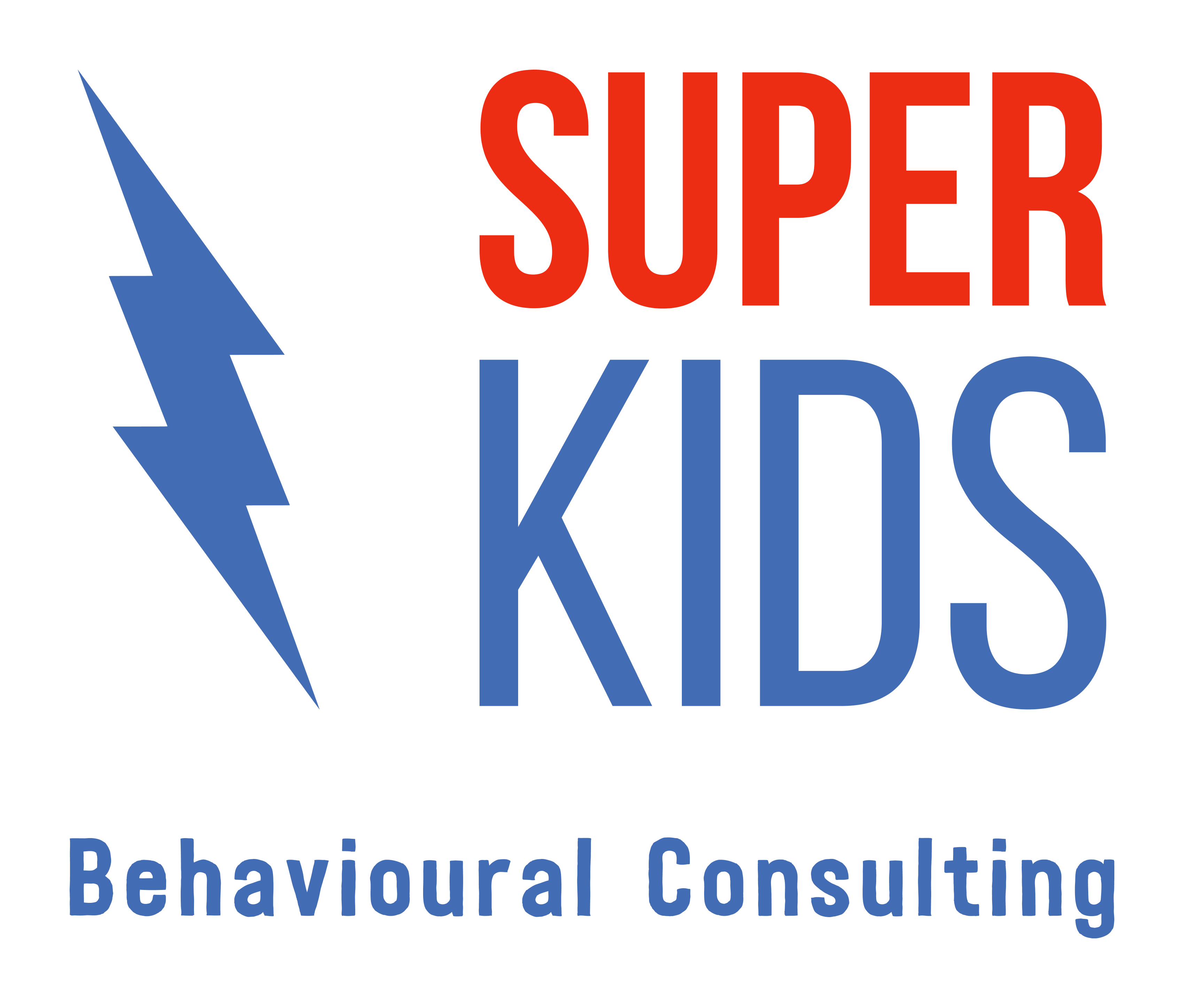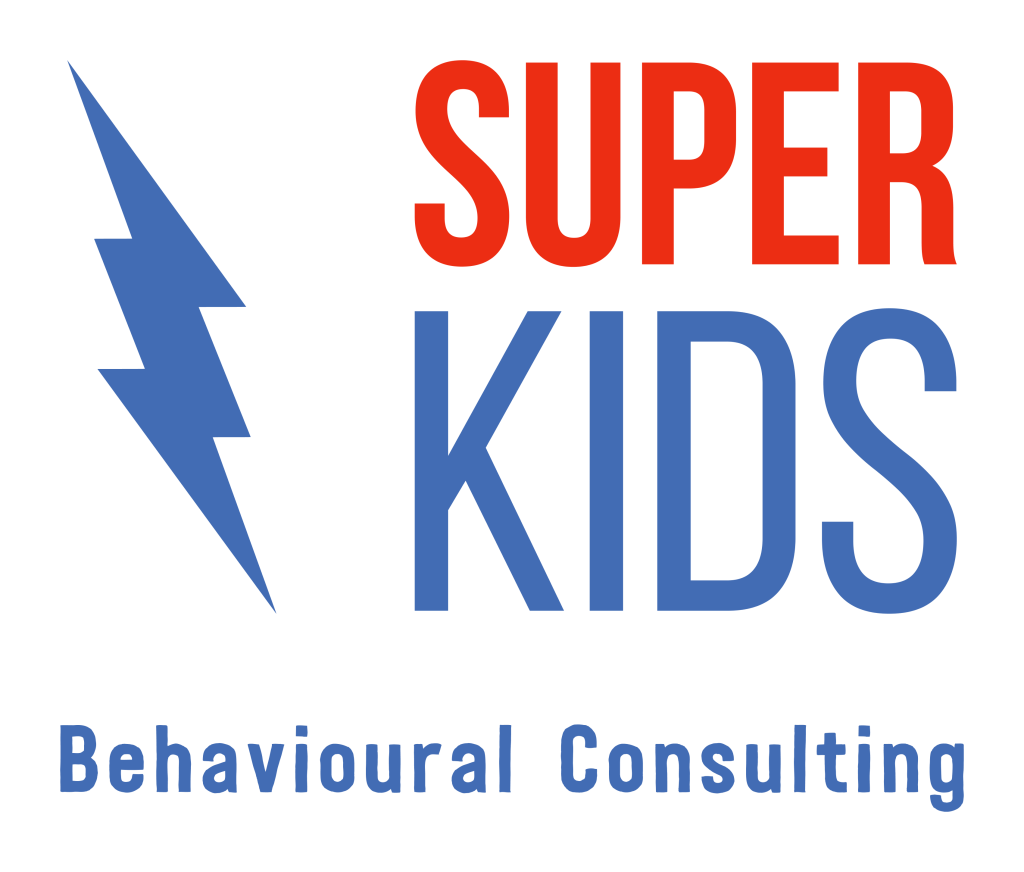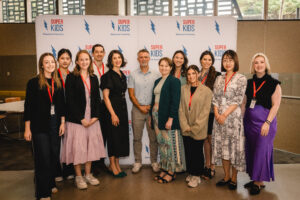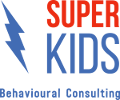What is Applied Behaviour Analysis (ABA)?

Renee Collins
Clinical Director & Behaviour Consultant

What is Applied Behaviour Analysis (ABA) therapy?
Applied Behaviour Analysis (ABA) is a scientifically validated approach to understanding and changing human behaviour. It has been widely used as an intervention for autistic children and those with other developmental disabilities. It has been shown to be an effective way of helping indivdiuals reach their full potential. It has a strong evidence base and has been shown to be an effective intervention for children with disabilities, including autism. ABA is individualised and data-driven, and focuses on increasing desired behaviour and decreasing undesired behaviour.
ABA focuses on the individual’s behaviour and the environmental factors that influence it. It uses a systematic and data-driven approach to evaluate the behaviour. The objective is to teach new skills and replace maladaptive behaviour with more functional and appropriate behaviour.
It is highly individualised, taking into account the specific needs, strengths, and limitations of the person receiving intervention. ABA programs are designed to be both effective and efficient, with progress being monitored and evaluated regularly to ensure that your child is making progress towards their goals. At Super Kids, we do this through monthly Team Meetings and regular parent support sessions. As a parent or carer, you will play an important role in your child’s ABA therapy. You will work closely with your child’s Super Kids clinical team to set goals and determine the best approaches to achieve those goals.
Who can supervise an ABA therapy program?
Certified Behaviour Analysts (CBA) are certified practitioners in Behaviour Analysis in Australia with the knowledge and experience to supervise ABA interventions. It means they have the highest level of credential within Australia. CBAs are professionals certified by ABA Australia. They maintain the self-regulated field of Behaviour Analysis in Australia. It means that the ABA therapy supervisor or Behaviour Consultant has completed the gold-standard of experience and education in Behaviour Analysis. Practitioners must then maintain high ethical and professional development standards to maintain this credential each year. All Super Kids Behaviour Consultants are CBA’s. At Super Kids, we are looking forward to continuing to see the profession of Behaviour Analysis in Australia develop. While the opportunity for certification in Behaviour Analysis in Australia is relatively new, we believe that achieving the highest levels of credential is important to indicate our commitment to our clients and Behaviour Analysis in Australia.
Is ABA therapy effective and worth it?
Data from multiple studies of comprehensive ABA treatment for children show that:
- High-intensity treatment produces the largest improvements (Eldevik, Hastings, Hughes, Jahr, Eikeseth, & Cross, 2009, 2010; Klintwall, Eldevik, & Eikeseth, 2015; Virués-Ortega, Rodríguez, & Yu, 2013).
- At least 36 hours of direct ABA treatment per week for at least two years is associated with clinically significant, reliable changes in cognitive and adaptive skills (Eldevik et al., 2010).
- Low-intensity ABA treatment produces smaller improvements than high-intensity ABA treatment (e.g., Eldevik, Eikeseth, Jahr, & Smith, 2006; Eldevik, Hastings, Jahr, & Hughes, 2012; Green, 2011; Peters-Scheffer, Didden, Mulders, & Korzilius, 2010).
- Eclectic treatment comprising some ABA treatment plus a mixture of other therapies or methods is in- effective (at best) for most children with ASD, even when it is individualized and intensive (Eikeseth, Smith, Jahr, & Eldevik, 2002, 2007; Eldevik et al., 2009, 2010; Howard, Sparkman, Cohen, Green, & Stanislaw, 2005; Howard, Stanislaw, Green, Sparkman, & Cohen, 2014; Klintwall et al., 2015).
A child’s access to long-term, comprehensive ABA services results in benefits across the developmental domains, such as language, play, social skills and daily living skills (Linstead et al., 2017). Research has consistently shown that children receiving ABA services experience greater improvements over time in severity of diagnosis, IQ score and numerous skill domains, including but not limited to language comprehension, play and social skills and self-help skills, compared to children receiving eclectic or non-ABA services (Eldevik et al., 2006; Zachor et al., 2007).
What evidence is there that supports ABA therapy in Australia?
The Australian Government has commissioned several reports (Prior, et al., 2011, Roberts, et al., 2016, Prior & Roberts, 2012) to identify the level of evidence for various therapies and supports for autism. The results of these commissioned reports supported the value of ABA-based interventions for autistic individuals. For example, in 2012, an Australian government report indicated which interventions should be eligible for funding under the Helping Children with Autism (HCWA) funding scheme. The 2012 report, titled Early Intervention for Children with Autism Spectrum Disorders: ‘Guidelines for Good Practice’ classified interventions for autism as eligible for funding based on established research, emerging research, or when used in collaboration with other eligible therapies, and not eligible for funding based on a lack of research or evidence of harm. The only interventions that were deemed eligible for HCWA funding based on established research were those based on ABA, including Early Intensive Behavioural Intervention (EIBI). As a result, families of young autistic children were able to access a total of $12,000 of HCWA funding across two years for ABA-based early intervention programs.
In 2016 the National Disability Insurance Agency (NDIA) report titled Autism spectrum disorder: Evidence-based/evidence-informed good practice for supports provided to preschool children, their families and carers, recommended the following that is consistent with ABA therapy:
- Autistic children should receive 20 hours per week of early intervention
- Autistic children attend programs with staff to child ratios between 1:1 and 1:3 as determined by the child’s individual program
- Staff are trained in working with autistic individuals
- Staff deliver programs involving allied health professionals in individual planning, program implementation and review
Who would benefit from Applied Behaviour Analysis (ABA) therapy?
ABA is based on the principles of learning which apply to all people, not just autistic children. Your child does not need to have a diagnosis of autism to benefit from ABA. There is evidence to support ABA therapy for the following
Autism Spectrum Disorder (ASD): ABA is considered one of the most evidence-based and widely used interventions for individuals with ASD. It focuses on teaching and reinforcing positive behaviors while reducing challenging behaviors.
Developmental Disorders: ABA may also be applied to individuals with other developmental disorders to address behavioral challenges and promote skill development.
Intellectual Disabilities: ABA techniques can be adapted to help individuals with intellectual disabilities by targeting specific behaviors and teaching functional skills.
Attention Deficit Hyperactivity Disorder (ADHD): While ABA is not the primary intervention for ADHD, some components of ABA, such as behavior modification techniques, may be incorporated into a comprehensive treatment plan for individuals with ADHD.
Behavioural Issues: Typically developing children with behaviours of concerns can also benefit from ABA therapy. ABA is often employed to address a wide range of behavioural issues, including aggression, self-injury, non-compliance, and communication difficulties, in various populations.
Educational Settings: ABA strategies are commonly used in educational settings to support groups and individual students with diverse needs, helping them acquire academic and social skills.
How much ABA therapy does my child need?
Research indicates that optimal outcomes in early intervention are achieved with upwards of 20 hours of therapy per week. Reviews and guidelines that provide evidence about intensity (hours per week) and duration of interventions report that comprehensive programs that have been evaluated and shown to be effective are most commonly provided for between 15 and 25 hours a week, suggesting a midpoint of 20 hours, and for at least 1 year’ (Roberts & Williams, 2016).
Does Applied Behaviour Analysis (ABA) therapy collaborate and work with other allied health professionals?
Super Kids are committed to working collaboratively with other health professionals to ensure the best possible outcomes are achieved for our clients. We will refer our clients to allied health specialists when the skills targeted for acquisition in the child’s early intervention program fall outside the scope of our training and competency. We may refer a child to see a speech pathologist for assessment and treatment of oral motor, articulation, and feeding problems. We may refer a child to see an occupational therapist or physiotherapist for assessment and treatment of fine or gross motor deficits that fall outside of the scope of our practice. We refer families to their trusted medical professional when we suspect that the child’s behaviour is the result of an underlying medical condition or is biological in nature.
Super Kids acknowledges each individual’s personal preference to use identity-first or person-first language to describe themselves or their loved one. We interchangeably use both language conventions and therefore refer to both Autistic children and children with Autism.






